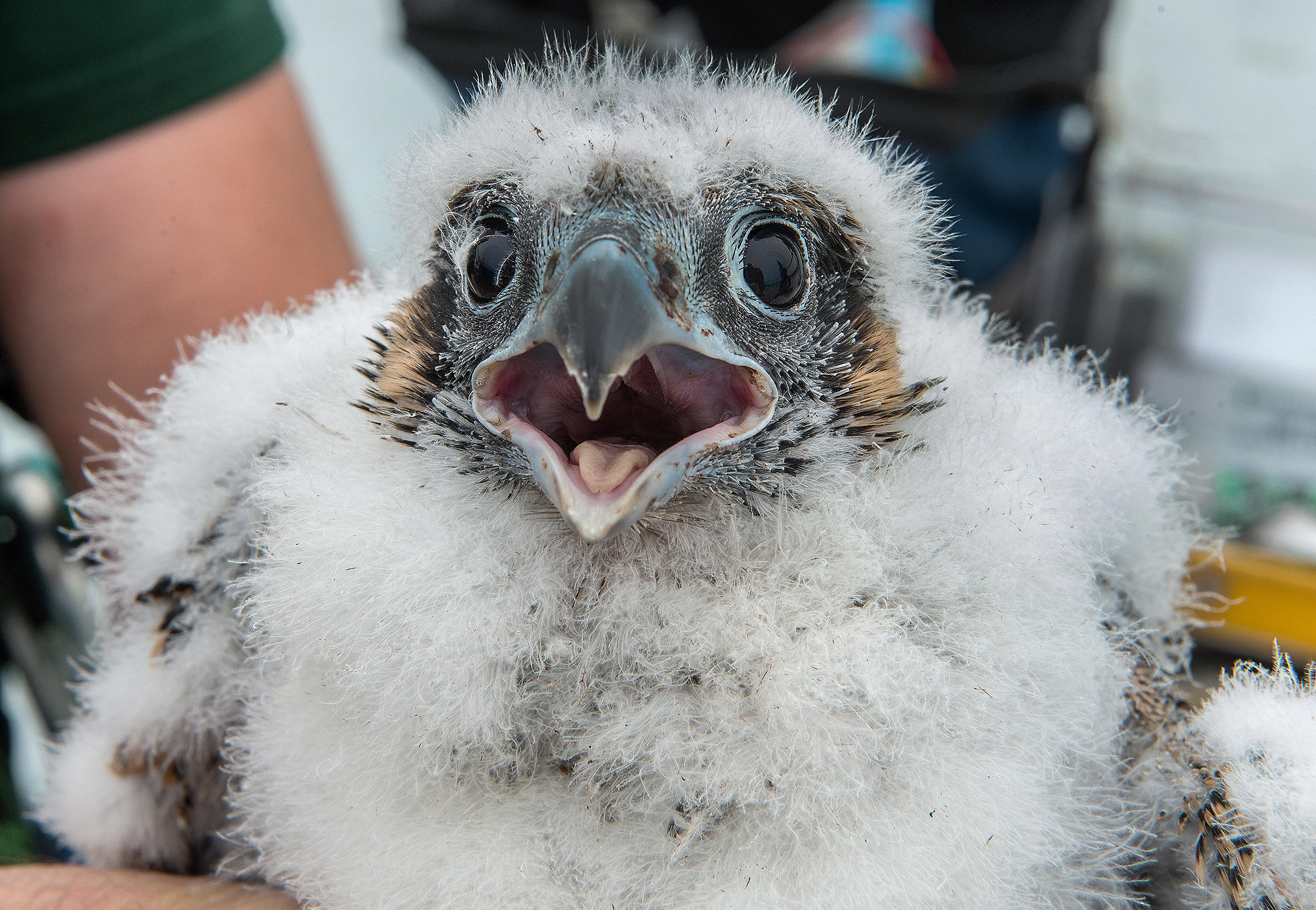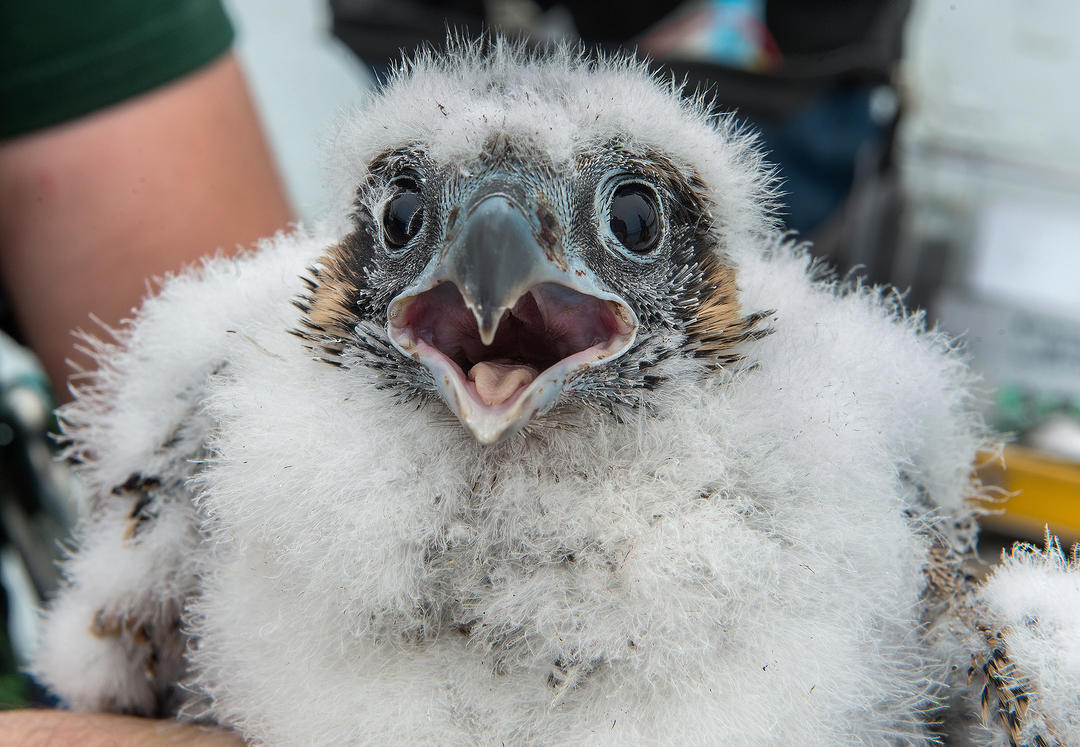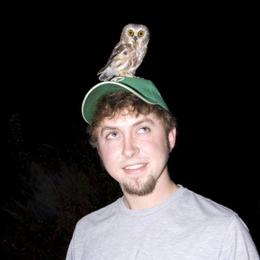Lewis Grove is a second-year law student at Vermont Law School. He is spending his spring semester working as a Law and Policy Extern for Audubon Vermont, focusing on policy work to advance bird conservation priorities in the state of Vermont.
I came to law school precisely to work on migratory bird conservation, and my Audubon Vermont externship has been the perfect fit. Prior to law school, I spent over a decade working in the field of ornithology. Most of that time was spent in Pennsylvania and New York, but I have also done field work in nearly a dozen western states. I have worked for state and federal agencies, nonprofit organizations, universities, and dabbled a bit in consulting. My field work has included hawk-watching, banding, raptor surveys, and huge numbers of point counts, mostly for breeding bird species—but I spent most of my ornithology career working in bioacoustics, refining hardware and software systems to record and research nocturnal flight calls. My singular favorite birding experience was a rare opportunity to guide for Jimmy and Rosalynn Carter. In short, my career to this point has been dedicated to birds, and I am thrilled to be making a transition into the world of policymaking.
The central focus of my work at Audubon this spring is to engage with the legislative process to produce positive outcomes for birds in Vermont. The three big issues that we are addressing in the Vermont Statehouse right now are (1) providing state-level bird protections following changes to federal enforcement guidance; (2) increasing protections for wildlife and ecosystem health within Act 250 as this statute is overhauled; and (3) reducing and mitigating the impacts of climate change upon our wildlife.
Federal enforcement of the Migratory Bird Treaty Act (MBTA) was weakened last year with the release of new enforcement guidance by the Department of the Interior. This change has demonstrated the vulnerability of the MBTA to executive action and the need for “backstop” state-level policy. At Audubon Vermont we are in the initial stages of advancing new Vermont legislation which would restore the same protections that migratory birds have long depended upon for their survival at the federal level.
Vermont’s unique land-use planning law, Act 250, will be 50 years old next year. The legislature is currently undergoing a thorough review of the law in order to propose changes for the decades to come. As part of this process, Audubon Vermont is pushing for greater protections for contiguous forests against fragmentation and for stronger consideration of the impacts upon wildlife and ecosystems of proposed projects.
Finally, we are monitoring the broader discussion around climate change policy in Vermont. While legislation on these issues is still very much in the formative stages, we recognize the direct connection between our changing climate and risks to Vermont bird populations. We will continue to monitor this important issue and to support climate bills as the legislative session progresses.
There are other issues that we are monitoring this session as well. We support a recent bill introduced in the House, H.205, which would restrict the use of a class of pesticides called neonicotinoids. These toxic chemicals have been linked to sickness in migratory birds as well as declines in pollinator populations. Additionally, in the area of healthy watersheds, we are opposing legislation to weaken wetlands protections, and supporting legislative efforts to increase funding for clean water investments.
As the legislative session progresses, keep an eye on your InBox for Action Alerts from Audubon Vermont. These strategically-timed calls to action from our Audubon community have repeatedly proven to be essential to protecting birds and the places they need to survive. Thank you for all you do to raise your voice in the Vermont legislative process!
We welcome your input and feedback. Please don’t hesitate to reach out to us with your thoughts.
Lewis Grove






